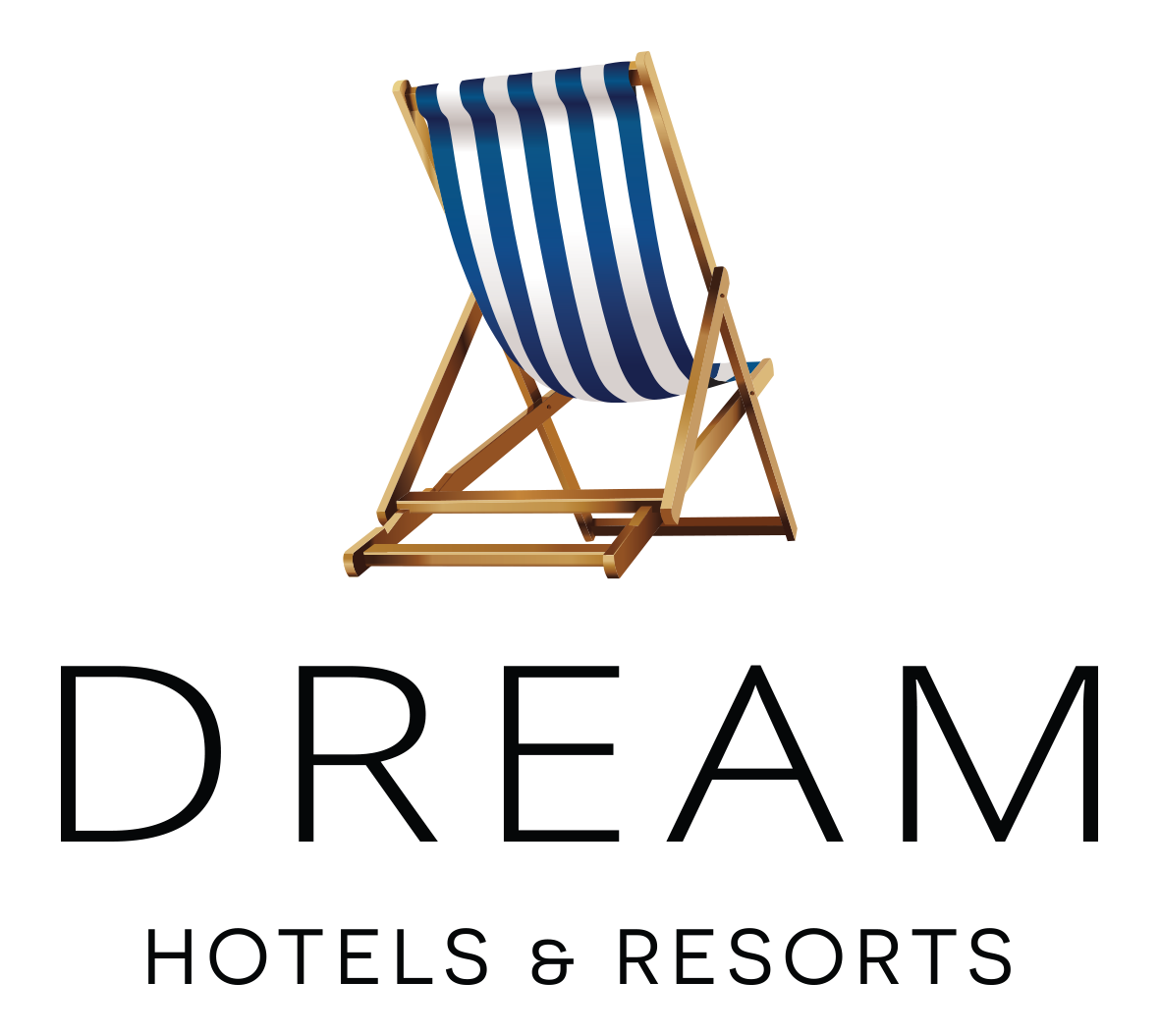PRESS RELEASE
Cape Town is open for business
Tourism remains one of the life-bloods of the Western Cape economy
JOHANNESBURG, 20 JUNE 2018 – If the thought of two-minute showers and re-using your towels has stopped you from visiting Cape Town this year, set aside any perceptions you may have of these measures being inconvenient and spare a thought for the new status quo globally. That is, of course, if during your travels you’d like to become a responsible traveller.
Cape Town’s water woes may have put the brakes on tourism to the Mother City, but what it has done has highlighted how, when faced with challenges, we certainly can rally together in characteristic South African boer maak ‘n plan style.
The silver lining on our lacklustre Cape clouds has been a change in our relationship with water and how we learn to respect it. According to Judy Lain, Wesgro Chief Marketing officer, we have seen that we could still bring tourists to the Cape, despite the drought, and successfully encourage those travellers to #SavelikeaLocal during their visit.
Hotels have introduced measures to encourage their guests to save water, such as the Peninsula All Suite Hotel’s rubber-duck-walk of shame to encourage showering, where guests need to exchange a plastic duck for a plug at reception. The Cape Town Tourism Association has meanwhile provided 10 water-saving tips on its website for travellers.
Tourism remains one of the life-bloods of the Western Cape economy, says Sharmila Ragunanan, Group Marketing Manager Dream Hotels and Resorts. “We recognise that travellers may be reticent to visit the Cape while we grapple with the drought, but would urge them to reconsider. Their visit contributes to the Cape’s economy and as tourism businesses, we have put in place measures that will help them be water-wise and environmentally conscious, without hindering their positive experience of the city and surrounds.
“Frankly, being a better traveller is something we can all aspire to be. There are popular destinations globally that are limiting their number of inbound tourists, or preventing their arrival altogether because of over-tourism. The world needs better tourists and Cape Town’s water situation has helped us to create awareness of this,” says Ragunanan.
We want you back
Cape Town’s occupancy levels YTD have fallen from almost 76% to 67% with the Average Daily Room Rate reducing from R1937.64 in 2017 to R1918.48 in 2018, according to the STR South African Hotel Review.
Although the drop in occupancy in Cape Town is much higher than in other centres across the country, countrywide occupancy levels have declined from 63.4% to 61.3% YTD in 2018.
In May, the picture remained bleak. Occupancy in Cape Town specifically was down 14.7%, the Average Daily Room Rate contracted by 4.2% and revenue per available room was down by 18.3%, compared to May 2017. “It’s important to note that, in addition to the drop in tourist numbers, inflation and the price of water have also increased considerably, so the loss in revenue is really hitting Cape Town hard,” says Ragunanan.
“We need to spread the word that the Cape is open for business, and that Day Zero has been pushed back, while not becoming complacent in our water-saving efforts. For our part, we’re going to stay right on track by informing travellers that water-wise systems are still in place, with limited impact to their comfort and experience of Cape Town as a world-class tourist destination.
“We’re also going to emphasise that travellers can be a valuable part of the community, learning to travel more responsibly. So, the new message is clear: We’ve averted the crisis and our message is positive. We want you back. We need you to come back. And, we want to work together to help each other do travel more responsibly.”

About Dream Hotels and Resorts
Founded with the belief that people are connected through shared memories, Dream Hotels & Resorts was established with the dream of creating lasting memories by providing the right canvas: a varied portfolio of resorts and lodges including exclusive membership and ownership opportunities in South Africa’s most sought-after holiday destinations. Dream Hotels & Resorts’ mantra across its 21 properties, ranging from the iconic Blue Marlin Hotel in Scottburgh, the Peninsula All-Suite Hotel in the Western Cape to Le Franschhoek Hotel & Spa in the beautiful Cape winelands all the way to Finfoot Lake Reserve situated in the Greater Pilanesberg, is to provide an experience that makes the guest feel like the only guest. This “One Guest” approach centres around exceeding expectations to provide guests with the dream holiday they deserve.
Le'Afrinique - view here

